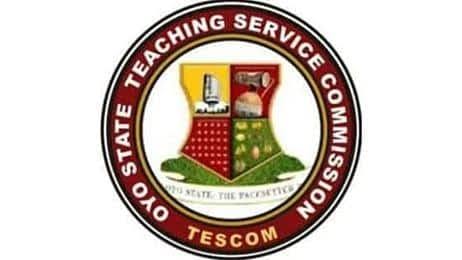Sterling Bank has announced a N2 billion commitment to fund private university scholarships for young Nigerians. The initiative, titled “Beyond Education,” was unveiled on Democracy Day and aims to remove financial barriers that prevent many Nigerians from accessing quality, future-focused education.
Described as one of the largest private sector investments in a single Nigerian tertiary institution, the initiative reinforces the bank’s dedication to the HEART sectors – Health, Education, Agriculture, Renewable Energy, and Transportation – where Sterling has already deployed over N500 billion in financing and development efforts.
Chief Executive of Sterling Bank, Abubakar Suleiman, said the scholarships represent a deliberate investment in the future of the country. He stated that while many talk about Nigeria’s potential, Sterling is choosing to act by funding the education of future leaders who will help build the country’s systems, institutions, and solutions.
The Beyond Education program will fully sponsor 600 students from all 36 states and the Federal Capital Territory to study courses such as Technology, Finance, Sales, and Public Health. The scholarship process is merit-based and inclusive, with candidates allowed to nominate themselves or be nominated by others. Final selection will be decided through a public voting process that is open exclusively to Sterling account holders.
Growth Executive for Retail and Consumer Banking at Sterling Bank, Obinna Ukachukwu, noted that the initiative goes beyond providing access to education. He described it as offering access to a better future, reinforcing the idea that education remains the most valuable asset anyone can have.
The pilot program is being launched in partnership with Miva University, a fully accredited institution founded by tech entrepreneur Sim Shagaya. Miva University is known for offering scalable, affordable, and flexible programs that align with the needs of the digital economy.
Suleiman emphasized that this move reflects Sterling Bank’s push for long-term ecosystem development over short-term philanthropy. According to him, the bank’s investments in digitized healthcare, education financing, agricultural cooperatives, solar energy, and affordable transport aim to create lasting systems that enable inclusive prosperity.
He concluded that the initiative is not just about providing scholarships but about equipping a generation of young Nigerians who will shape the future of the nation.





